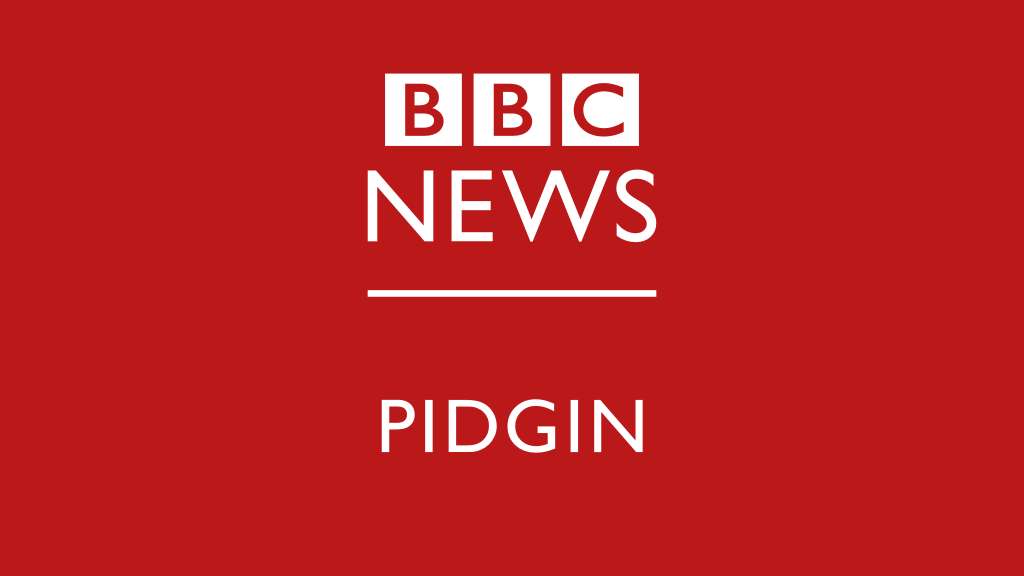Mixed reactions don greet di announcement say Nigeria no fit sustain electricity subsidy again.
Experts for di power sector say e go be welcome development if goment remove subsidy as e go encourage investors to invest for di sector wey go in turn guarantee efficient power supply for Nigerians.
Meanwhile, some Nigerians dey fear say di subsidy withdrawal fit worsen economic hardship wey pipo already dey face.
Recently, Nigerian goment bin tok say di kontri no go fit continue to dey pay subsidy on electricity.
Di Minister of Power, Adebayo Adelabu, give dis informate for one press conference for Abuja, di kontri capital on Wednesday, 14 February.
Oga Adelabu tok say goment dey owe power generating companies debt of 1.3 trillion naira ($857m; 682m) sake of say dem dey subsize di cost of electricity.
E add say di gbese wey di kontri power sector dey owe electricity generating companies (GenCos) and gas companies (GasCos) don rise to ova N3trillion.
“Today, we dey owe a total of N1.3 trillion to di power generating companies, out of which we owe 60% to gas suppliers. Today get legacy debt, prior to 2014, to di gas companies of $1.3 billion; for today, wey dey close to N2 trillion.
“Now, if you add N2 trillion legacy debt we owe gas companies plus di N1.3 trillion we owe GenCos, we get inherited debt of over N3 trillion for dis sector.
Speaking on electricity subsidy, di minister tok say kontris like Ghana, Togo, and Benin Republic dey more for electricity pass Nigeria as e note say goment fit no dey able to continue dey fund electricity subsidies.
E add say na 450bn naira Nigeria allocate to electricity subsidies dis year, but findings show that the subsidies fit end up costing 2.9 trillion naira.
Earlier dis month, di International Monetary Fund (IMF) bin advise Nigeria to remove di electricity subsidy in order to restore economic stability.
For inside one report wey dem title, ‘IMF Executive Board Concludes Post Financing Assessment wit Nigeria,’ di IMP explain di importance of why goment suppose remove di subsidies so dat dem go fit redirect resources towards more targeted and impactful social welfare programmes.
“Temporary and targeted support to di most vulnerable in di form of social transfers dey needed, given di ongoing cost-of-living crisis. Fuel and electricity subsidies dey costly, e no reach those wey most need goment support, and supposed dey phased out completely,” e tok.
Di suggested electricity subsidy removal dey come as debate dey ground on di cost of electricity for di kontri.
As some stakeholders argue say di current pricing model no dey effectively cover di cost of generation, transmission and distribution, di reason why goment dey provide subsidies to bridge di financial gap.
Some experts argue say di money Nigerians dey pay for electricity dey low, and dis no make di sector reach im full potential.
As pipo no dey pay di actual amount dem suppose pay, goment dey cover di gap in di form if tariff shortfall funding.
Di Nigeria Electricity Regulatory Commission (NERC) 2023 report show say di goment dey find am hard to pay di plenty debt e get from funding subsidy and no go fit keep up again.
Electricity subsidy wey goment get for di third quarter of 2023 na N204.59 billion, an average of N68.20 billion monthly.
Wit di plenty gbese on subsidy wey goment dey owe, some experts for di power sector say di solution na make goment stop to dey subsidize electricity and allow private investors to take ova di sector.
One former National Chairman, Nigerian Institute of Electrical and Electronics Engineers, Funsho Adebayo wey say im partly support di removal of electricity subsidy, say e fit tough for di initial stage but in di long run, Nigerians go benefit di gains.
“If goment remove subsidy from electricity, just like dem do for fuel, oil and gas, e go affect us in di initial stage, e go lead to increase in tariff, affect businesses wey dey depend on electricity. However, in di long run, e go open more stakeholders engagement and we go get more options of grid network.”
Removing subsidy go enhance more participation end to end deliverables for di energy sector, Oga Adebayo add.
Oredola Adeola, Senior Partner Advisor Report tok say removing subsidy go allow investors enta di industry and citizens go fit enjoy uninterrupted power supply, but if goment continue to subsidize, guarantee no dey say dem go see dia money,
E dey of di opinion say goment lack political will to stop electricity subsidy as na dia organizations dey owe electricity money pass.
“Nigerians no wan pay for anytin but dem prefer to burn generator all night. Di same pesin wey buy N7,000 fuel go find am hard to pay for N1,000 electricity bill.”
Meanwhile, di organised labour, manufacturers and economic, financial and legal experts don warn Nigerian goment not to remove electricity subsidy as advised by di International Monetary Fund (IMF).
NLC argue say higher electricity tariffs go hurt di competitiveness of di Nigerian manufacturing sector, wey dey already struggle wit low productivity, high costs, and poor infrastructure.
Di tok about di electricity subsidy removal dey come as di West African kontri dey currently experience cost-of-living crisis, as many dey struggle to survive.
For May 2023, President Bola Tinubu remove di fuel subsidy, wey don dey in place for decades as e keep di price of petroleum products low.
Di move don lead to increase of up to 200% in fuel prices and had a knock-on effect on di economy, wey don increase di prices of food plus oda necessities.







